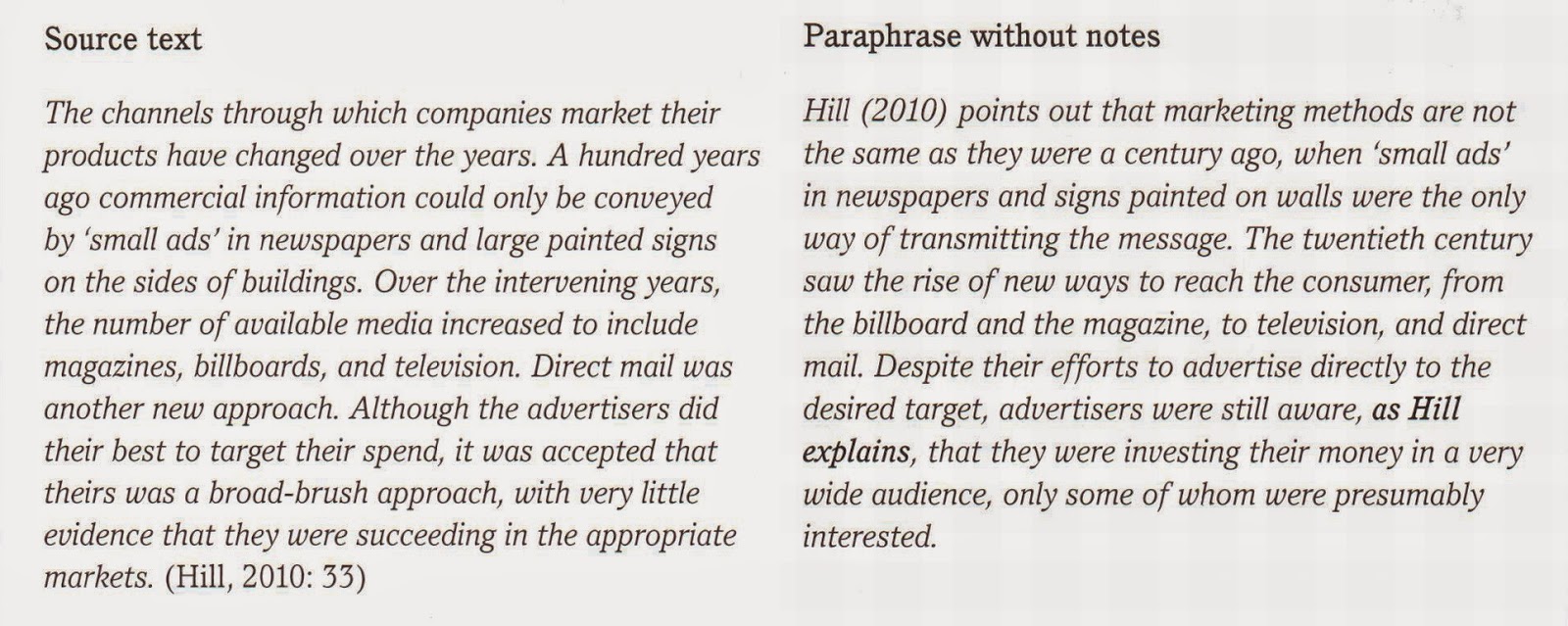My Fulbright application or a teachable moment on essay writing

I did it one day before the deadline. I submitted my Fulbright application on 30 May 2014. Now, 14 months later, I am going to the USA as a proud Fulbrighter! The program I am participating in is called Foreign Language Teaching Assistant or FLTA for short. As a participant of this program I will be teaching Russian and studying at an American university for an academic year. When my students heard the news, they asked, “What did it take to get this grant?” I replied, “Well, there were several stages. First, I had to write a lot of text. Then, I … .” And one student said, “I am curious to read what you wrote.” I suppose many are, so I am going to let you in on one of my application essays. One of the essays I wrote is called “Objectives and motivations.” What I wrote is too long to upload here (1274 words, no less!), so I am only going to share my introduction and conclusion . Oh, and I see a teachable moment here, which I just can’t help using. Introduction "Albe

